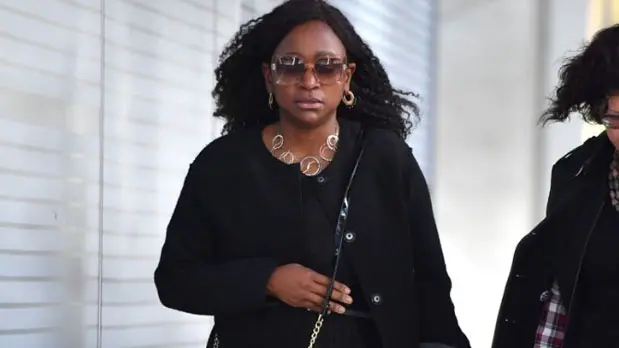Fiji's 2014 parliament sitting, the first ever in at least eight years, opened Tuesday, a move seen by Fijian President Ratu Epeli Nailatikau as the beginning of a journey of new democracy for the South Pacific island nation.
Declaring that the 2014 parliament officially opened, Nailatikau, recognizing that Fiji suffered a lot as a result of military coups that first started in 1987, said history has come full circle and Fijians now have another chance to build one nation.
"Forty-four years after independence, Fiji has finally held a general election based on the genuine democratic principle of equal votes of equal value," Nailatikau said, referring to the country's 2014 General Election that was held on Sept. 17, in which 2006 coup leader Voreqe Bainimarama won a landslide victory and became an elected prime minister.
Of the total 50 seats in parliament, Bainimarama's FijiFirst party holds 32.
"The Fijian people have chosen you -- the fifty members of our new parliament -- to represent them and serve their interests over the next four years," Nailatikau said, "I am delighted and honored -- as your head of state -- to formally launch these proceedings and to join you in commemorating this landmark event in the life of our nation."
Nailatikau congratulated Jiko Luveni, former minister for women, social welfare and poverty alleviation, to be the first female speaker of a parliament in Fiji.
"To become the first woman speaker of a parliament in Fiji, or in any other Pacific island country, is a singular achievement and an inspiration to women everywhere," said the president.
Fiji's current constitution provides for a unicameral 50-member parliament, which is the country's supreme authority. Elections are held every four years and every Fijian over the age of 18 is entitled to vote in the single, nationwide constituency.
 简体中文
简体中文

